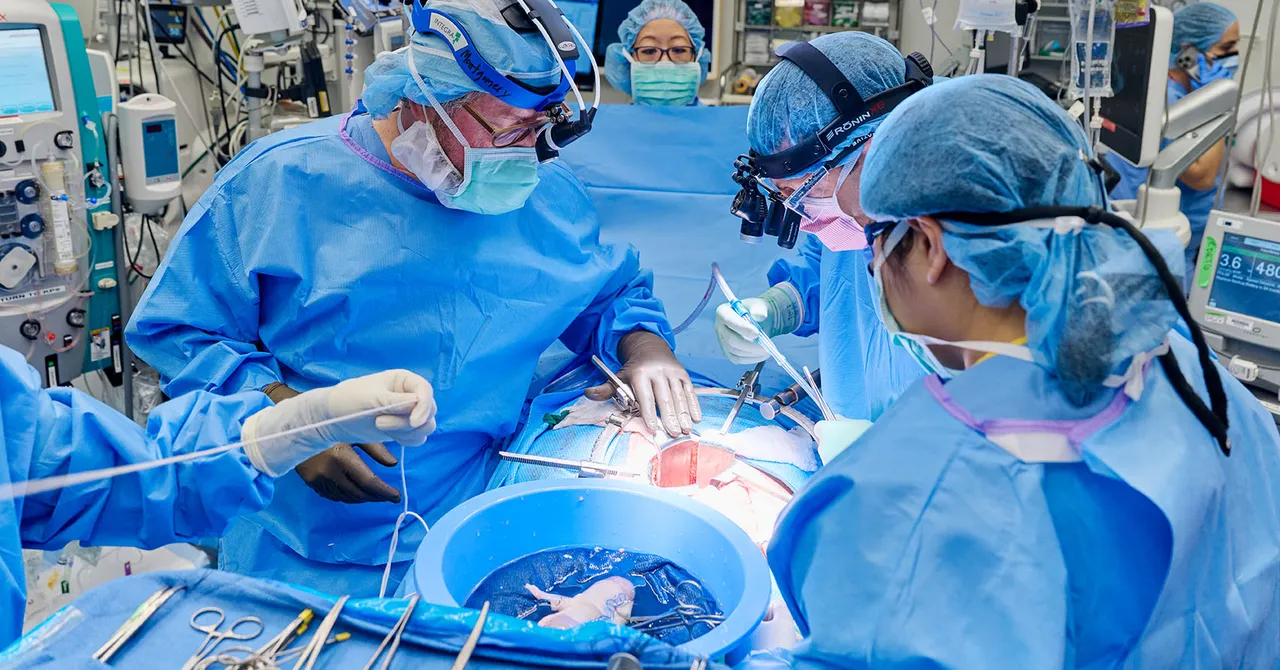Lisa Pisano, a woman who received a pig kidney transplant and an implanted heart device, has passed away, her surgeon announced on Tuesday. Pisano, from New Jersey, was near death due to kidney and heart failure when surgeons at NYU Langone Health conducted the pioneering surgeries in April.
Initially, Pisano appeared to be recovering well. However, 47 days post-surgery, the pig kidney was damaged by her heart medications, necessitating its removal and Pisano’s return to dialysis. Despite these efforts and the implanted heart pump, Pisano’s condition deteriorated, leading her to enter hospice care, where she died on Sunday.
Dr. Robert Montgomery, NYU Langone transplant surgeon, praised Pisano’s courage in participating in this experimental xenotransplantation, which aims to address the severe shortage of transplantable organs. “Lisa helped bring us closer to realizing a future where someone does not have to die for another person to live,” Montgomery said. “She will forever be remembered for her courage and good nature.”
In April, Pisano, 54, had expressed hope despite knowing the risks, telling The Associated Press, “I just took a chance. And you know, worst case scenario, if it didn’t work for me, it might have worked for someone else.”
Pisano was the second patient to receive a kidney from a gene-edited pig. The first, Richard “Rick” Slayman, received his transplant at Massachusetts General Hospital and died nearly two months later, reportedly due to preexisting heart disease rather than the transplant itself.
More than 100,000 people are currently on the U.S. transplant waiting list, most in need of kidneys, with thousands dying while waiting. Several biotech companies are working on genetically modifying pigs to make their organs more compatible with human immune systems.
In addition to the pig kidney transplants, the University of Maryland has transplanted pig hearts into two men who were out of other options; both died within months. Despite these setbacks, the knowledge gained from these attempts, along with research on donated bodies, has researchers hopeful. They aim to begin formal clinical trials next year with patients who are not as critically ill.



